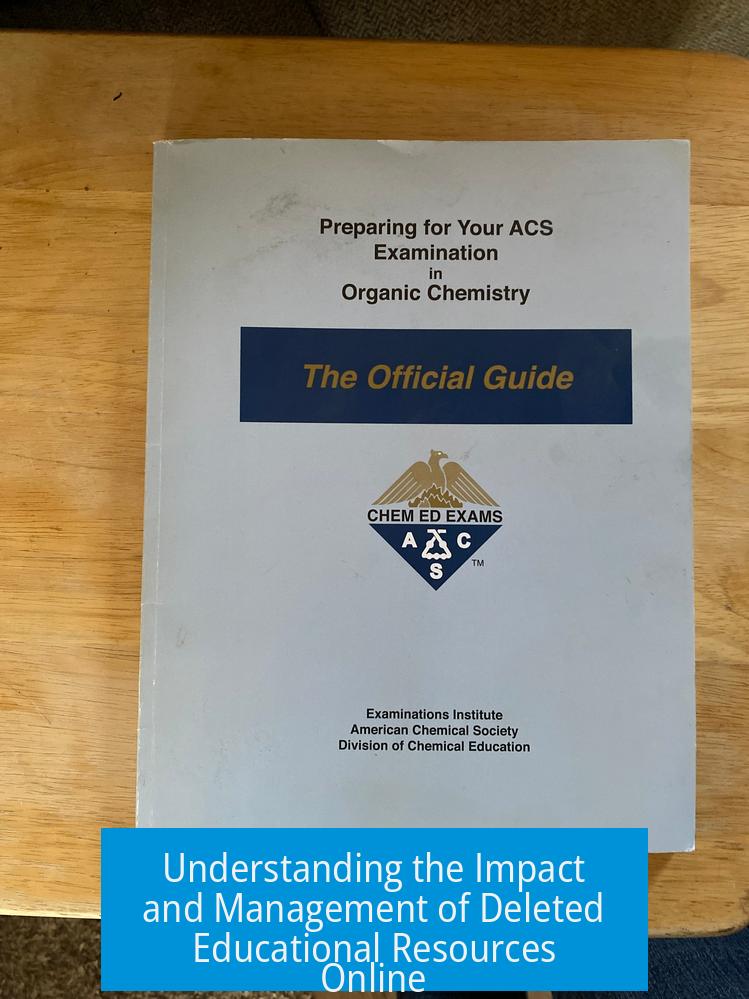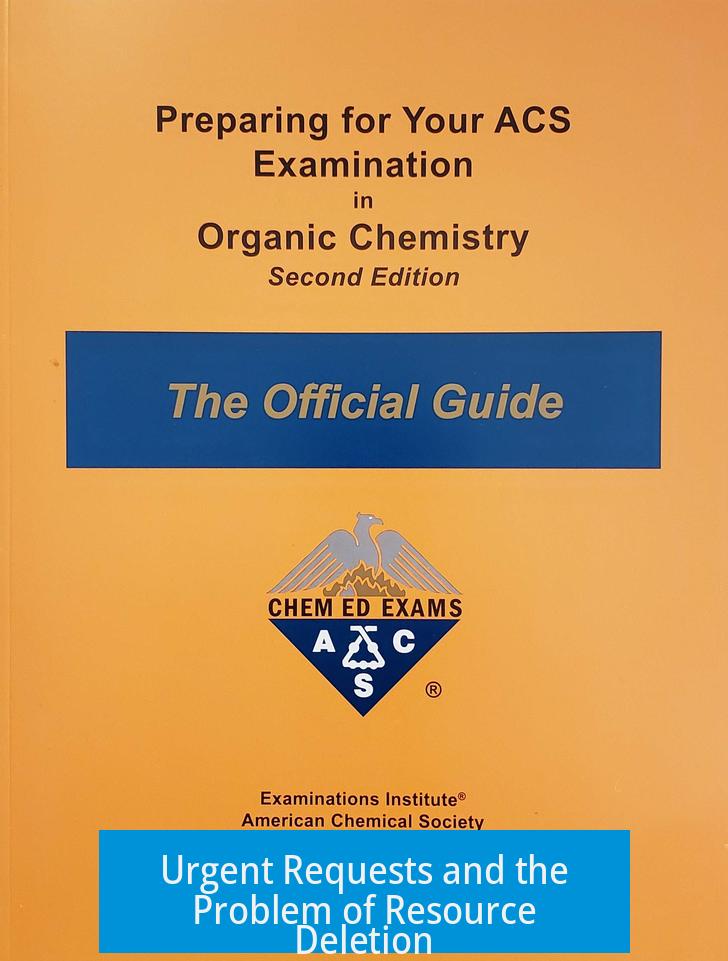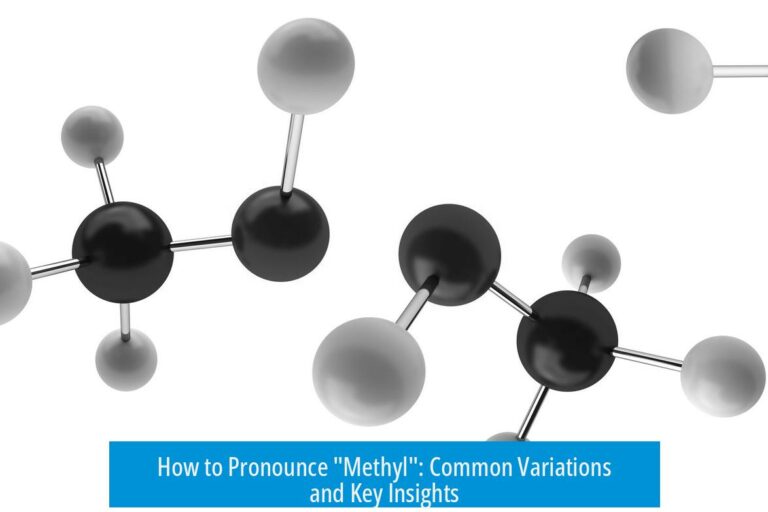Understanding the Impact and Management of Deleted Educational Resources Online

In many online learning communities, essential educational materials often circulate in the form of PDFs or digital resources. When these resources are deleted or removed, students and users experience significant frustration and stress, especially if the material is crucial for exam preparation. This article explores the dynamics behind the provisioning, the emotional responses to resource deletion, and strategies for responsible access and preservation.
The Value of Educational Resources and Expressions of Gratitude
Many users express overwhelming gratitude to providers of hard-to-find academic materials. Gratitude phrases such as “you are a God-send” or “thank you so much!!!” are common. These responses reflect the immense relief and appreciation felt when students finally access materials after exhaustive searches.
Providers who scan and share these documents often receive acknowledgments praising their effort and impact. Comments like “Just in time. Thank you for your time in scanning and thoughtfulness” highlight the critical role these contributors play in students’ academic success. The intense relief sometimes borders on emotional, with phrases like “You are a life-saver may God bless you with all good things!” signaling how vital the resources are.
Urgent Requests and the Problem of Resource Deletion

With widespread sharing, there comes a frequent issue of resource loss. Users commonly ask, “Does anyone still have this?” or plead, “can someone send the pdf please🙏.” Such urgent requests denote that the original provider or platform may have removed the file, leaving many unable to access the resource.
Loss of resources can lead to anxiety, particularly around exam times. Comments like “hey do you still have it???? exam is in 4 dayssss” or “I have it in about a week and this is literally my make or break for my ochem grade” exhibit the critical nature of timely access. This underscores how integral shared digital files are to education for some students.
Comparable expressions articulate frustration and resignation, such as “RIP PDF, it was a great resource while it was around.” This combination of gratitude and grief captures the complex emotional landscape.
Alternative Solutions and Access Methods
In response to resource deletion, users often suggest alternative repositories. A common recommendation is “Go to Anne’s Archive and it should be there.” Anne’s Archive is known for storing academic and research PDFs and offers a legal way to access hard-to-find material.
In private or smaller academic communities, offers like “If not, I can send it” appear, reflecting a communal effort to ensure continued access without broad public reposts that may trigger removals.
Challenges in Managing Shared Educational Content
- Copyright and Legality: PDFs shared online often lack copyright permissions. Their deletion may be due to copyright enforcement. This legal dimension complicates the sharing and preservation of educational materials.
- Platform Policies: Platforms that host content enforce removal policies, leading to loss of access regardless of user demand or academic importance.
- Reliance on Individual Uploaders: When sharing depends on individuals, loss of these providers or their removal of resources creates gaps.
Recommendations for Students and Educators
To mitigate the risks of resource loss, students and educators should consider the following:
- Use Official or Institutional Resources: Seek materials through university libraries, official databases, or authorized repositories whenever possible.
- Explore Legal Archives: Platforms such as Anne’s Archive or institutional repositories offer better preservation and access integrity.
- Backup Important Files: Download and save resources legally permitted for personal use to avoid last-minute loss before exams.
- Communicate Within Communities: Join study groups or forums where members can share legal access points and updates on resource availability.
- Request Assistance Respectfully: When asking for resources, use clear, polite language, as shown in user comments, to maintain community goodwill.
The Emotional and Academic Impact of Resource Availability
Educational resources’ accessibility can have tangible effects on student outcomes. The intensity of user reactions shows the direct link between these materials and academic performance. The coexistence of gratitude and desperation indicates how critical these shared materials are for many students.
This interplay highlights the importance of developing sustainable, legal, and reliable access models for educational content to support learners globally.
Summary
- Students widely express gratitude when accessing rare or deleted educational resources uploaded by community members.
- Repeated urgent requests for deleted PDFs reveal stress and dependency on digital resources for exam success.
- Resource deletion causes significant frustration and loss, demonstrated by users’ emotional responses.
- Alternative recommendations like Anne’s Archive provide legal and stable options for accessing academic materials.
- Awareness of copyright, platform policies, and responsible sharing helps manage and preserve crucial educational content.
Q1: Why do users express such strong gratitude towards the resource provider?
Many users find the resource essential for their studies. They often search for hours before finding it. The gratitude comes from relief and appreciation for the effort made to share it.
Q2: What are common ways people request access to deleted or missing PDFs?
Users ask directly for the PDF or a link. They also request others to repost or DM them. Some mention urgency due to approaching exams, reflecting high stress levels.
Q3: Are there alternative sources suggested for obtaining the resource?
Yes. Anne’s Archive is a common recommendation. Some users offer to send the file if others cannot find it there. This gives hope even after deletion from original sites.
Q4: How do users react emotionally to losing access to these materials?
Reactions include frustration, stress, and desperation. Some mention being “broken out in hives” or express sadness over the loss. The resource often feels critical for their success.
Q5: What does the repeated request for resources indicate about its importance?
The resource is often labeled “make or break” for grades. This constant search shows it fills a crucial gap in official materials, making it highly sought-after among students.




Leave a Comment